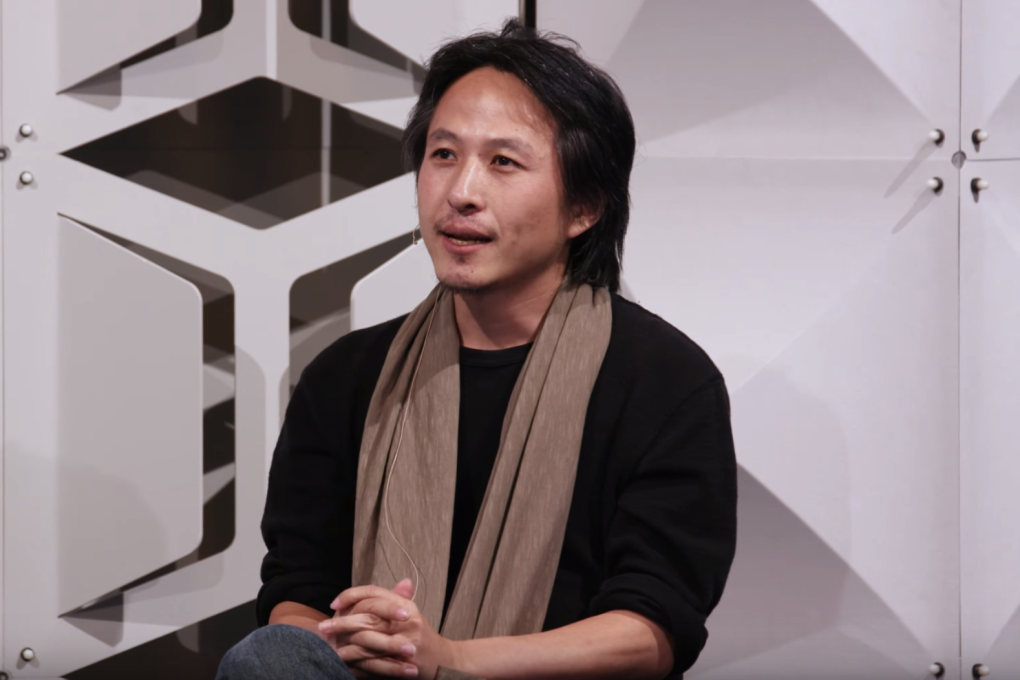Advertisement
Alex Zhu’s journey from failed startup to TikTok chief
TikTok's popularity has attracted scrutiny from the US government, which is concerned about the short-video app's ownership by China-based ByteDance.
Reading Time:3 minutes
Why you can trust SCMP

This article originally appeared on ABACUS
Depending on who you ask, TikTok might be described as a Gen-Z entertainment app that’s better than therapy, a global threat to freedom of expression or a national security menace. But to Alex Zhu, it was a project born out of desperation.
TikTok, the viral short video sensation, has its roots in China
In the summer of 2014, the Chinese entrepreneur and his co-founder Louis Yang were still reeling from the failure of their first brainchild -- an education app that “combined the idea of Coursera and the idea of Twitter into one product.” Ordinary people, he discovered, aren’t really into using their smartphones to learn. Instead, they mostly browse Facebook, play games and message each other. Phones are used for entertainment and connection.
Left with just a fraction of the US$250,000 they initially raised from venture capitalists, Zhu chanced upon his next idea on a train ride to Mountain View, California. There, he saw teenagers listening to music, taking selfies and videos, and showing each other their screens. It dawned on him that teenagers might love an app that combines all these elements together.
The result was Musical.ly, the app that became TikTok as we know it today.
Advertisement
“Musical.ly allows everyone to be an entertainer,” Zhu said.
Within a year of its launch, Musical.ly topped Apple’s US App Store ranking -- a rare accomplishment for a Chinese-made app. Zhu had been working in the US for the German software firm SAP, but he moved back to Shanghai where most of his Musical.ly team was based. More than a decade before, he studied civil engineering at Zhejiang University, a two hours’ drive southwest of the city.
Advertisement
Then in 2016, Mark Zuckerberg came knocking on his door.
In August of that year, the CEO of Facebook invited Zhu to his company headquarters at Menlo Park, California to explore the possibility of acquiring Musical.ly, according to sources who spoke to Buzzfeed. The talks continued the following month when a Facebook team visited Zhu and Yang in Shanghai. There was no question that Facebook viewed Musical.ly as a threat.
Advertisement
Select Voice
Choose your listening speed
Get through articles 2x faster
1.25x
250 WPM
Slow
Average
Fast
1.25x